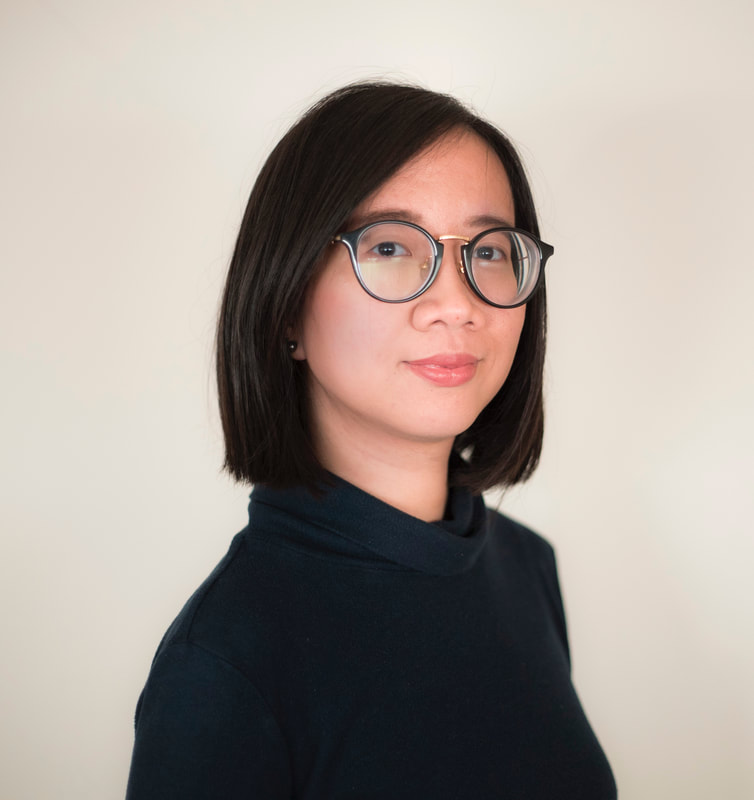Proof of Better Life: Performances of the Rich on Social Media AMid the Pandemic in Thailand
Rubkwan Thammaboosadee
|
RUBKWAN THAMMABOOSADEE is currently a lecturer and researcher at the Department of Performing Arts, Bangkok University, Thailand. She teaches modules such as Arts and Politics, Playwriting, Art of Storytelling, World Dramatic Literature, and Citizenship and Social Transformation. Rubkwan's research interests focus on cultural performance and its relation to the socio-political context. She holds a doctoral degree in Theatre and Performance Studies from the University of Warwick, the United Kingdom. Her PhD thesis Performing Happiness in Neoliberal Thailand (2020) explores performances of happiness in the urban everyday life in Bangkok amid socio-economic uncertainties in neoliberal Thailand. Rubkwan's research interests focus on cultural performance and its relation to the socio-political context. The circle of her research on performance studies extensively covers various areas, including everyday life, political movements, happiness, neoliberalism, consumption, social media and cultural studies.
Performing Inequality is a central theme that she is currently working on for her research and creative projects from 2020-2023 to investigate and reveal how inequality has been exposed amid and post pandemic in Thailand. In addition to being an academic, she is an independent scriptwriter for stage, film, and storybooks. Her recent storybook Walk to the Stars (2021) was awarded as the Best Media in Promoting Creative Learning in People’s Participation in Policies Proposals in 2022 granted by Office of Knowledge Management and Development. She is currently a co-editor for a project called Nine Folk Tales (2023) by Metabolic Modules desiring to retell nine Thai and foreign myths and folklores for promoting equality. Her creative works aim to create dialogues between the neoliberal socio-economic conditions, their impacts on everyday life, and provoke imagination for a fairer society for all. As a performance studies scholar, she always contends that social changes could not happen by delivering scholarly theories alone. Yet art and cultures that intertwine within people's experienced bodies, memories and everyday lives play an important role in implementing and connecting changes from a micro level to larger scales of the society. |
Abstract
In 2020, youths and students organised a series of protests across Thailand asking for democratic reform. However, the arrival of the third wave of the Covid-19 pandemic restricted public gatherings. Online spaces and social media became a more significant stage for individuals to project their voices amid the health crisis and the political and economic crisis. Although the online space indicated fragmentary ‘proof of better life,’ as many people were forced to stay in shelter, I argue in this paper that the performance of ‘proof of better life’ is layered by social and class status in Thai society. While many people from the working class died on the street due to poor public health management, queued for food donations, and begged for cash handouts from the state, there were a handful of examples of proof of a normal, better, happy, wealthy life staged on social media by Thai elites and celebrities. This paper elaborates on the performance of the affluent in Thailand on social media to demonstrate how social distancing and lockdown schemes during the pandemic intensified class isolation. Not only do online spaces act as echo chambers allowing affluent people to exercise their superior capital isolation, but, this paper suggests, online space also allows for the emergence of class confrontation.
In 2020, youths and students organised a series of protests across Thailand asking for democratic reform. However, the arrival of the third wave of the Covid-19 pandemic restricted public gatherings. Online spaces and social media became a more significant stage for individuals to project their voices amid the health crisis and the political and economic crisis. Although the online space indicated fragmentary ‘proof of better life,’ as many people were forced to stay in shelter, I argue in this paper that the performance of ‘proof of better life’ is layered by social and class status in Thai society. While many people from the working class died on the street due to poor public health management, queued for food donations, and begged for cash handouts from the state, there were a handful of examples of proof of a normal, better, happy, wealthy life staged on social media by Thai elites and celebrities. This paper elaborates on the performance of the affluent in Thailand on social media to demonstrate how social distancing and lockdown schemes during the pandemic intensified class isolation. Not only do online spaces act as echo chambers allowing affluent people to exercise their superior capital isolation, but, this paper suggests, online space also allows for the emergence of class confrontation.
| etudesdec2022thammaboosadee.pdf | |
| File Size: | 1296 kb |
| File Type: | |


